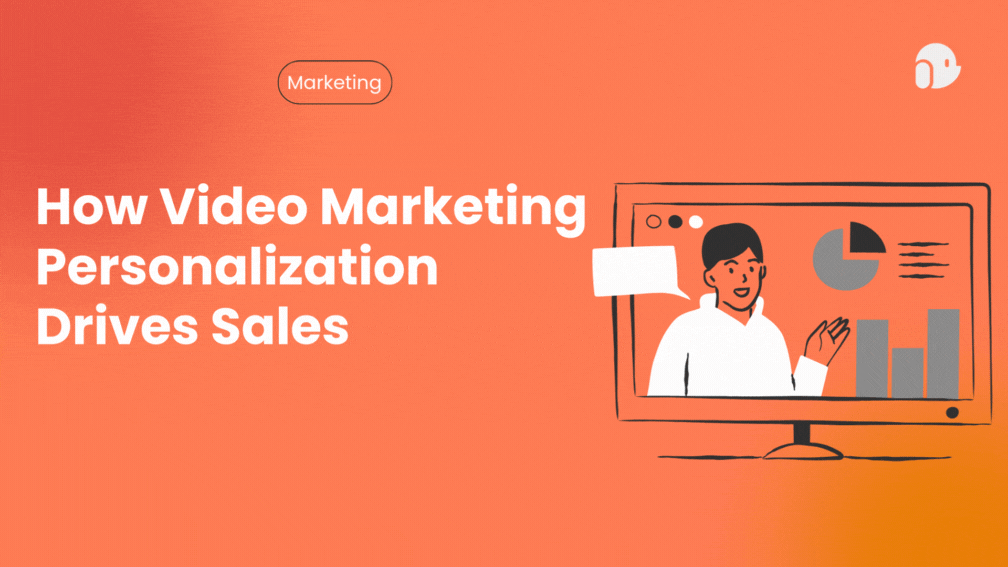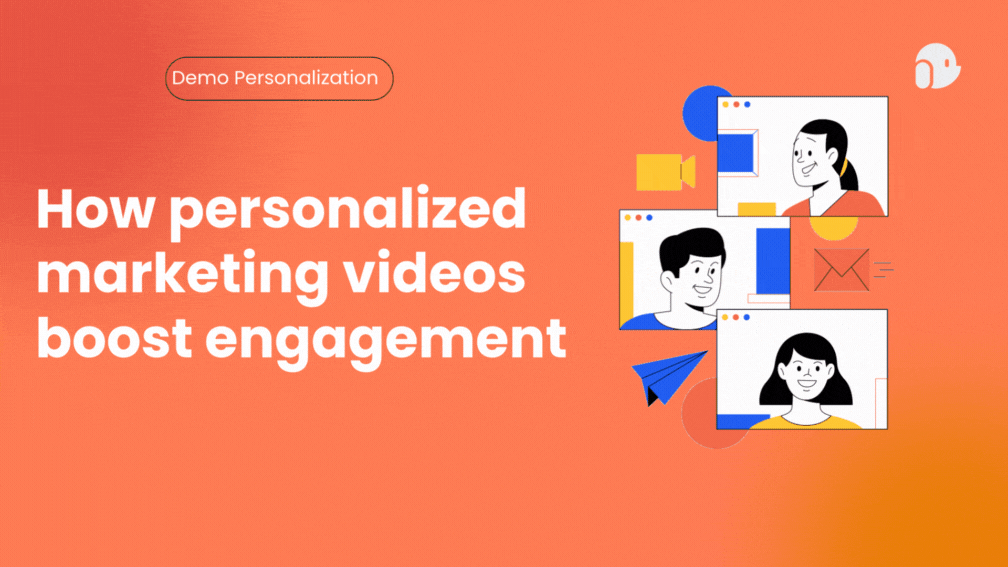Effective B2B Sales Techniques and Tools
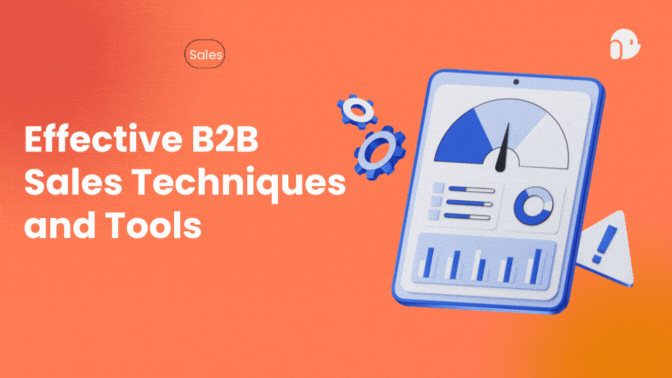
The B2B sales landscape has transformed dramatically. Today's buyers conduct extensive research online before engaging with sales professionals, making traditional cold outreach nearly obsolete. With 90% of B2B buyers ignoring cold calls, sales teams must embrace a new reality: success comes from blending proven methodologies with cutting-edge technology. The future belongs to organizations that can seamlessly integrate human expertise with AI-powered tools to create personalized, value-driven experiences at scale.
The Hybrid Sales Methodology Revolution
Gone are the days of rigid, one-size-fits-all sales approaches. Modern B2B success requires mastering both SPIN Selling's consultative questioning framework and The Challenger Sale's insight-driven methodology.
SPIN Selling excels in relationship-based environments where buyers are open to collaborative discovery. Its structured approach, Situation, Problem, Implication, Need-Payoff, builds trust through natural conversation and works exceptionally well for complex enterprise solutions with long sales cycles.
The Challenger Sale takes a more assertive stance, teaching buyers about problems they didn't know they had. This methodology shines in competitive markets where differentiation is crucial, helping sales professionals reframe perspectives with unique insights.
The most successful teams don't choose between these approaches; they blend them strategically. They start with SPIN's consultative questioning to build rapport, then pivot to Challenger techniques when buyers need education or perspective shifts. This agile approach adapts to dynamic buyer needs and changing deal complexity throughout lengthy B2B sales cycles.
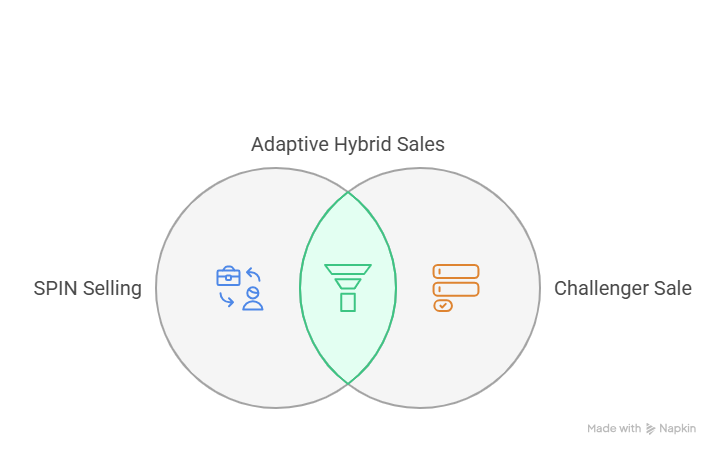
Social Selling and the Informed B2B Buyer
With traditional cold outreach failing, social selling has evolved from a nice-to-have tactic into a core strategic methodology. Today's B2B buyers are highly informed, conducting their own research before ever speaking with sales representatives.
Successful social selling strategies focus on building communities, creating content value loops, and establishing thought leadership. Companies are turning entire sales teams into content creators, multiplying their reach while adding authentic, diverse perspectives to their messaging.
The key is shifting from transactional, push-based strategies to relationship-based, value-first approaches. Modern tools like AI-generated demo videos from platforms such as puppydog.io support this evolution by enabling sales professionals to create personalized, engaging content that educates prospects during their research phase, positioning companies as experts rather than just vendors.
The AI Revolution: Automation Meets Personalization
Generative AI isn't just improving B2B sales processes; it's completely redefining them. AI-driven tools can increase sales team productivity by approximately 40% while enabling personalization at unprecedented scales.
Perhaps most significantly, AI has introduced a new "first buyer": the algorithm. Before human decision-makers ever visit your website, AI systems are already curating, comparing, and ranking vendor options. This reality demands "Artificial Intelligence Optimization," ensuring your features, integrations, and customer stories are machine-readable and consistently credible across third-party sources.
AI enhances every stage of the sales cycle through enhanced personalization (increasing conversions by an average of 35%), opportunity identification, efficient lead qualification, and accurate forecasting. It automates time-intensive processes like RFP responses and proposal generation, freeing sales representatives to focus on strategic relationship-building.
AI demo automation platforms like puppydog.io exemplify this transformation. By automatically generating personalized product demo videos with AI-generated scripts, custom avatars, and voices, these tools solve the scalability challenge that manual demo creation presents. Integration with CRM systems ensures content relevance to each prospect's specific needs and buyer journey stage, while engagement analytics provide valuable insights for follow-up conversations.
Building Your Modern B2B Sales Tech Stack
The modern B2B tech stack operates as a layered ecosystem where specialized tools enhance core CRM functionality. Your CRM, whether Salesforce for enterprise scalability, HubSpot for user-friendly integration, or Pipedrive for visual pipeline management, serves as the central nervous system.
Specialized tools create powerful enhancement layers: lead generation platforms like LinkedIn Sales Navigator and ZoomInfo provide enriched prospect data, sales engagement tools like Salesblink automate outreach sequences, and analytics platforms like Gong and Clari offer conversation intelligence and predictive insights.
Demo automation tools like puppydog.io fit seamlessly into this ecosystem, connecting with CRM data to automatically generate personalized demonstrations while providing engagement analytics that feed back into the sales process. The key is choosing fewer, highly integrated tools that create seamless workflows rather than forcing sales teams to manually move data between disconnected systems.
Implementation Best Practices and Overcoming Adoption Barriers
Research identifies three critical failure points:
- Content Issues: Methodologies not customized to real-world sales challenges
- Technology Misalignment: Tools that don't support the chosen sales methodology
- Measurement Problems: Metrics that don't align with desired behaviors and outcomes
Success requires strategic sales enablement focusing on:
- Continuous Coaching: Interactive training through role-playing and case studies
- Sales-Marketing Collaboration: Leveraging valuable content throughout the buyer's journey
- Intentional Technology Adoption: Choosing integrated tools that reduce administrative burden
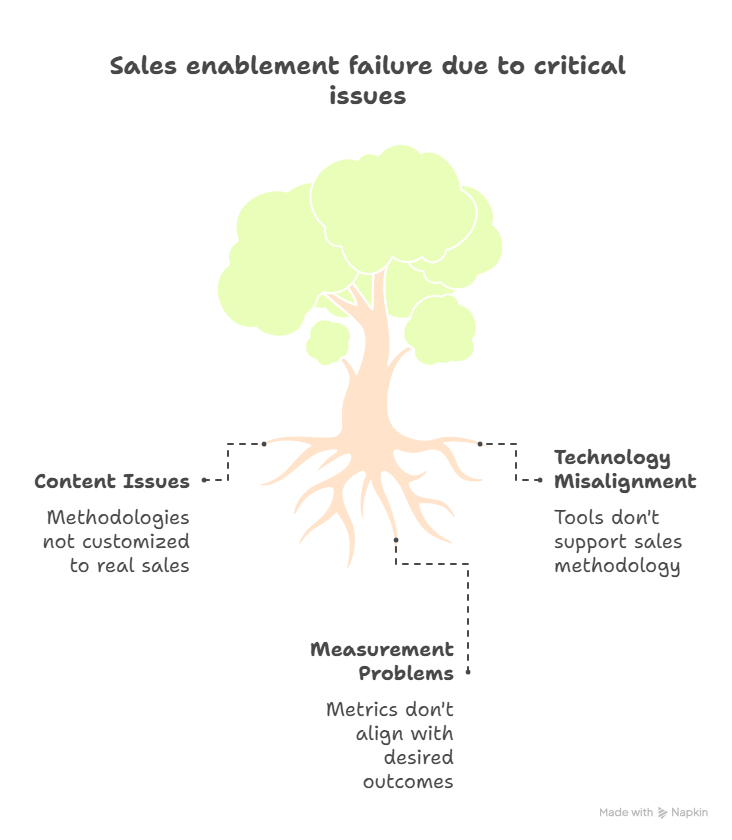
For organizations looking to build a comprehensive approach, explore these proven sales enablement strategies and best practices that align people, processes, and technology for maximum impact.
The most effective approach focuses on fewer, highly integrated tools that reduce administrative burden while empowering sales professionals to concentrate on strategic, high-value activities that drive revenue growth.
Your Path Forward
The future of B2B sales belongs to organizations that master three critical components: agile sales methodologies that adapt to buyer needs, robust technology stacks that automate repetitive tasks while providing predictive insights, and strategic sales enablement that ensures teams can execute effectively.
As AI becomes the first buyer filtering options for human decision-makers, success increasingly depends on building digital presence and content strategies that speak directly to algorithms. The modern sales professional must evolve beyond closing deals to become a strategic partner, trusted advisor, and data-driven operator.
Ready to transform your sales process with AI-powered demo automation? Discover how personalized video demonstrations can accelerate your sales cycle and improve conversion rates. Start your free trial today and experience the future of B2B sales enablement.
Frequently Asked Questions
Q: Should I use SPIN Selling or The Challenger Sale methodology?
A: The most successful sales teams use both approaches strategically. Start with SPIN's consultative questioning to build rapport, then pivot to Challenger techniques when buyers need education or perspective shifts.
Q: How can AI actually improve my sales results?
A: AI increases sales productivity by 40% through automated lead scoring, personalized communications (35% conversion boost), and streamlined administrative tasks, allowing you to focus on strategic relationship-building.
Q: What's the most important element of a B2B sales tech stack?
A: Your CRM serves as the foundation, but success comes from choosing fewer, highly integrated tools that create seamless workflows rather than forcing manual data entry across disconnected systems.
Q: Why is social selling more effective than cold calling?
A: With 90% of B2B buyers ignoring cold calls, social selling builds trust through valuable content and relationship-first approaches before any sales conversation begins.
Further Reading
Expand your B2B sales knowledge with these valuable resources:
- SPIN Selling: The Ultimate Guide - HubSpot's comprehensive breakdown of Neil Rackham's methodology
- Complete Guide to SPIN Selling - Huthwaite International's expert insights on advanced techniques
- Social Selling Statistics You Need to Know - Latest trends and data on B2B social selling effectiveness
- LinkedIn Social Selling Index - Measure and improve your social selling performance




